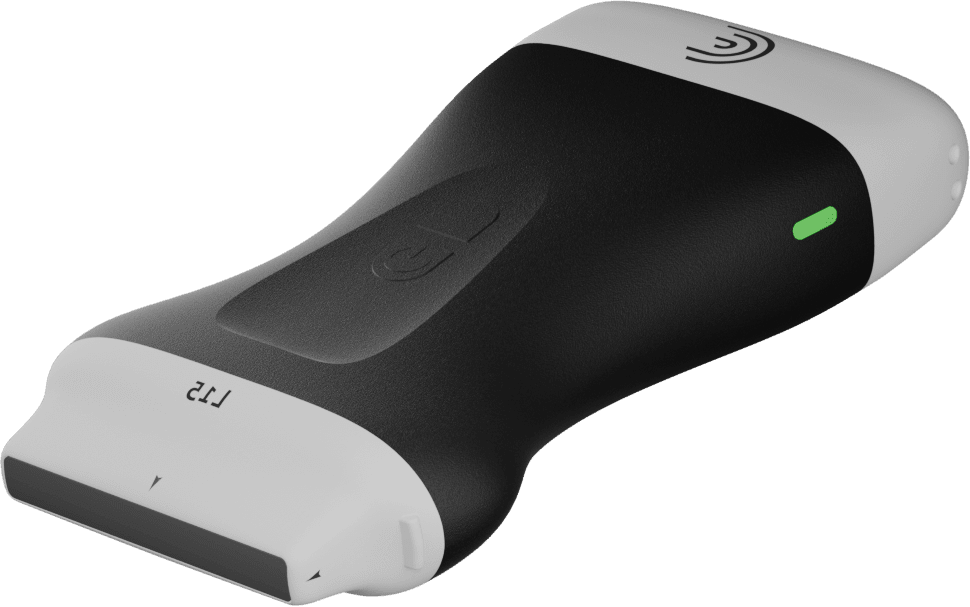“So Partition, for example, that always was part of my story, you know, this understanding of how the bigger environment of the world, the things we can’t see and touch, actually have real concrete implications for the stories we tell ourselves and the experiences we have.
“I decided to go into healthcare particularly because I wanted to figure out a path to connect that desire to understand the context of our lives, the political and social kind of experience of our lives, in the same way it shaped my parents lives, but do so in a way that allowed me to kind of help people individually.”
In our latest episode of Healthcare Disruptors, Dr. Rishi Manchanda, Founder & CEO of HealthBegins, provides a compelling look at how healthcare can be reimagined to better care for underserved populations. He dives into the importance of addressing social determinants of health, leveraging data and technology, and integrating social justice into healthcare practices.
Redesigning Care Models to Address Social Determinants
One of the most profound takeaways from our conversation with Dr. Manchanda is the critical role that social determinants of health play in shaping patient outcomes. Dr. Manchanda emphasizes that factors such as food insecurity, housing instability, and access to basic resources are often more influential on health outcomes than clinical care alone.
“For the past seven years, what we’ve been doing is working with hospitals and healthcare clinics around the country, as well as their insurance providers, to be able to reorganize care in the way that I’ve seen and I’ve done in my career, which is to integrate social services and healthcare together, so that when patients with diabetes are showing up in the clinic and they need insulin, but they don’t have a fridge to store it in. How do you solve for them? If you have a kid with asthma and they keep on bouncing in and out of the ER, and it’s because of the roach infestation in their home that their landlord is not taking care of? How do you solve for that?”
He shares these and other compelling stories from his experience, illustrating how addressing these broader social issues can lead to significant improvements in patient well-being. This highlights the importance of a holistic approach that goes beyond treating symptoms to addressing the root causes of health disparities.
Leveraging Data and Technology for Better Outcomes
Another key topic discussed is the transformative power of data and technology in healthcare. Dr. Manchanda explains how leveraging geolocation data can help identify and address the specific needs of different communities. “We can look at data by certain demographics. We can look at utilization outcomes and be able to say which patient population will benefit the most from this solution, from that solution. One of the things that’s not commonly done still, especially in the US, is being able to analyze opportunities, the data sets that we have, by place. We don’t do that because in healthcare in the US, we’ve kind of forgotten about using place.”
By understanding where patients live and the unique challenges they face, healthcare providers can create more targeted and effective interventions. Dr. Manchanda shares examples of how data analytics have been used to map food deserts and connect patients with local resources, significantly improving health outcomes. He also underscores the importance of using technology to facilitate open communication between healthcare providers and patients, ensuring that care is both personalized and responsive to individual needs.
Integrating Social Justice into Healthcare Practices
Dr. Manchanda also emphasizes the intersection of healthcare and social justice, offering actionable strategies for making healthcare more equitable. Dr. Manchanda argues that healthcare providers have a responsibility to advocate for policies that address social inequalities and promote health equity, and that public entities also have the onus to contribute. “The analogy here is, does it make sense if I need to get from point A to point B, should I hire a bunch of private companies to be able to build the road each step of the way, or should we all pool our resources and pay taxes so that the public entity pays for the road that we all benefit from? Same thing over here. We need to invest in the so-called roads of health,” he explains.
Our conversation also touches on how healthcare organizations can integrate social justice principles into their practices by training staff on cultural competency, implementing community engagement initiatives, and collaborating with local organizations to address social determinants of health. Dr. Manchanda highlights the role of interdisciplinary approaches in connecting healthcare with broader social and policy contexts, encouraging providers to think beyond the clinic and engage with the communities they serve.
Conclusion
Dr. Manchanda’s insights provide a roadmap for reimagining healthcare to better serve underserved populations. By addressing social determinants of health, leveraging data and technology, and integrating social justice into healthcare practices, we can create a more equitable and effective healthcare system.









